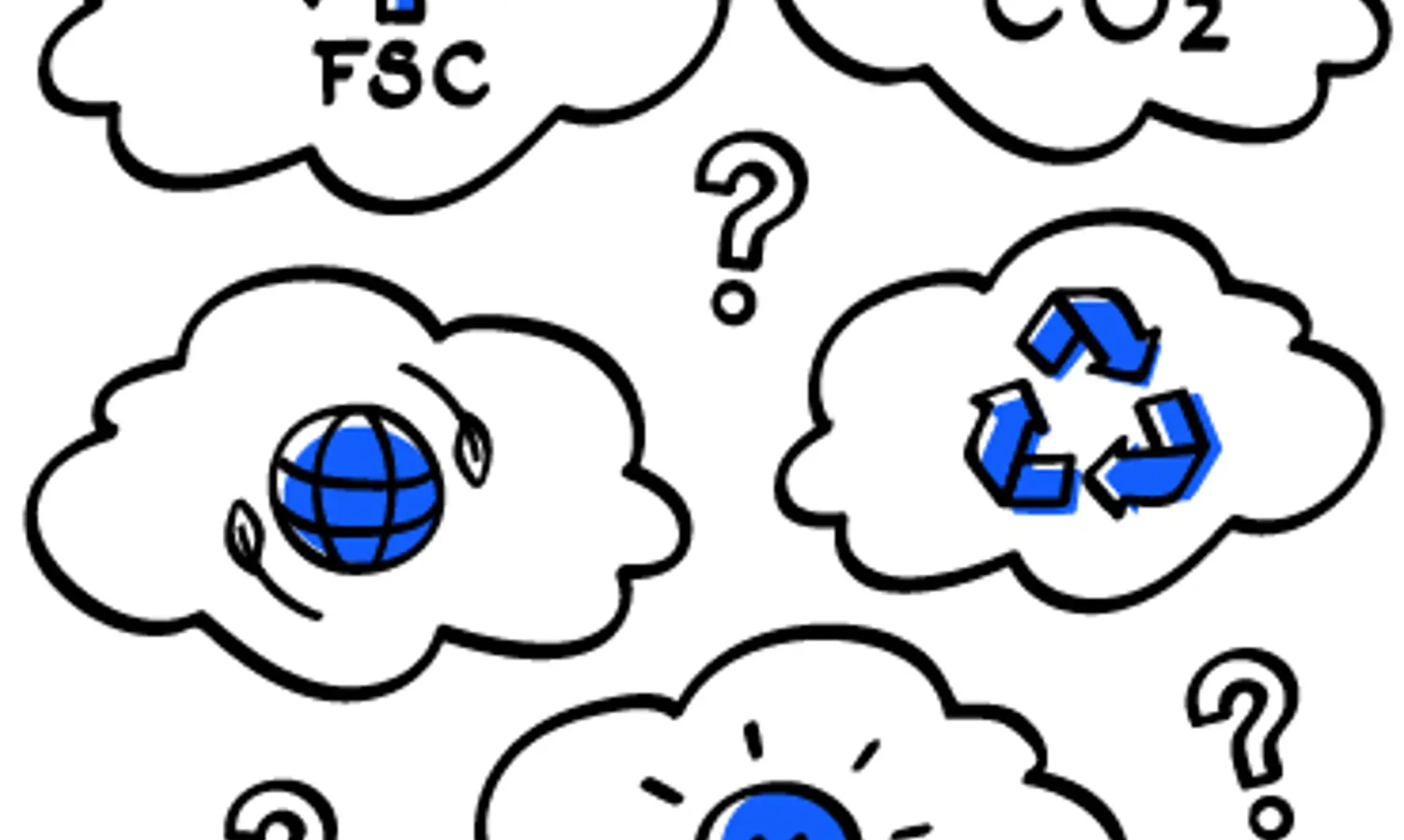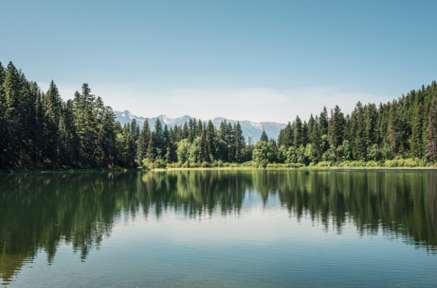How to ask the right questions about sustainability

With consumer demand for sustainable and responsible products constantly rising, what questions should food and beverage manufacturers be asking to ensure their products can provide – while helping them protect the planet and build a loyal customer base?
How to package the bigger picture
To make your customers trust you, a lot of time, effort and thought needs to go into your labelling. Claims of having fully recyclable packaging or delivering a good that is carbon neutral or positive might seem like an easy way to retain and grow your customer base, but with transparency another popular topic, what consumers really want is for a brand not to sugar coat things for them. Instead, we suggest asking the right questions first – so you can be sure whatever green messaging you put out is as solid and meaningful as can be.
Ask, ask – and ask again
We recommend questioning your suppliers – and, if possible, their suppliers – so you can cut your uncertainty and ensure you start from a level, and as sustainable as possible, playing field. Where do they source raw materials, and do they source them responsibly? And if you don’t find the answers you’re looking for, then you need to ask yourself: how can I make my business more sustainable?

The proof is in the data
What makes for a successful ESG report, and what is a life cycle assessment (LCA)? Once you start doing the work, you’ll find there are a lot of questions to be asked. Like how good waste management is at your factories, or if you use electric vehicles to deliver goods. Other questions include how you treat your employees, and how much water or energy you need to create a product.
The role of packaging
Food waste plays a huge role in the sustainability movement taking place within the food and beverage industry. For you, that means questioning the type of packaging you use. With aseptic carton packaging, you can minimize the risk of spoilage while also giving consumers more time to eat or drink something before it expires – in some cases, up to 12 months unrefrigerated, if you look at our range of carton packs. Allowing you to cut food waste in the supply chain while making it easier for consumers to be greener themselves.
Unpacking your carton pack
The above point leads nicely into our final recommendation for things to question. Packaging that reduces food waste is one thing, and a great thing. But what comes after a product or beverage has been consumed? When consumers buy a product, they want it to be as green as possible from end to end. For you, that means questioning how realistic it might be for packaging to be recycled (even if it can be). Or whether or not the materials can be broken down and reused.
In the second part of our series, we’ll dig further into the above questions and other topics we think will be of use to everyone directly involved with or tied to the food and beverage industry.
Follow along by subscribing to our bi-weekly SIG Newsletter.
- listopad 09, 2023


How conserving the jaguar king can protect its forest kingdom

